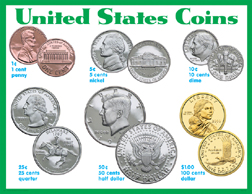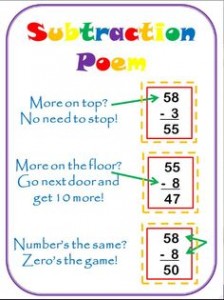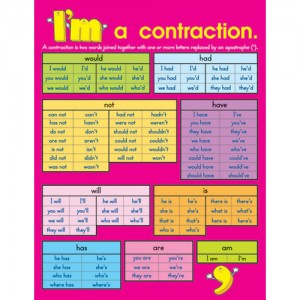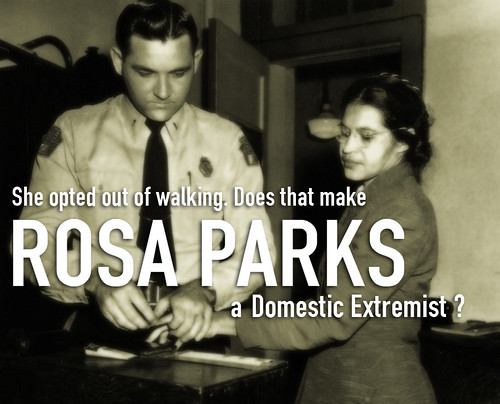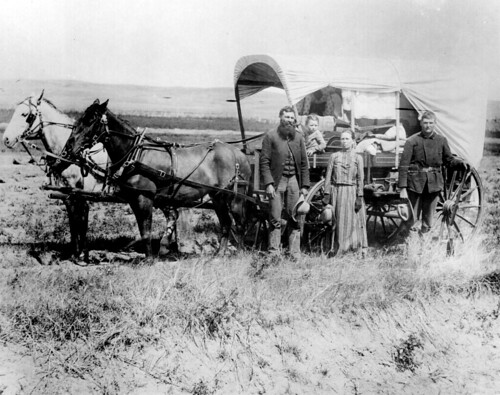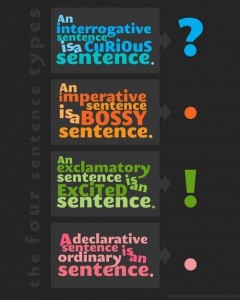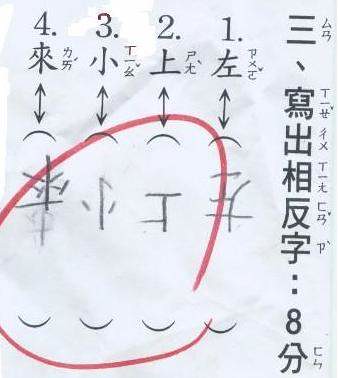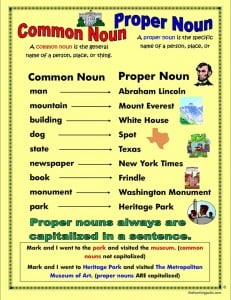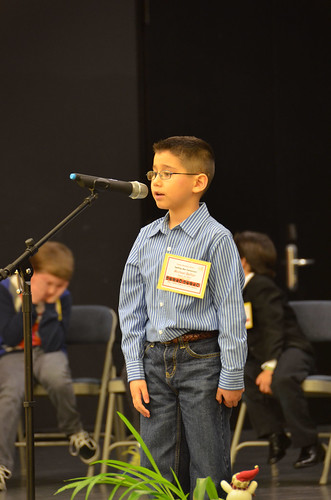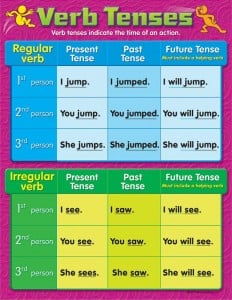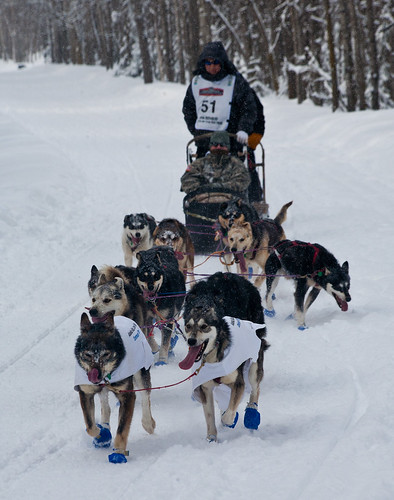Chapter 8- Measure Time and Temperature
Summary
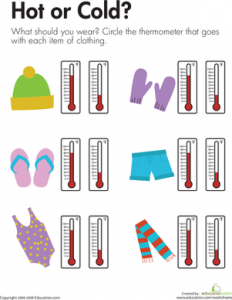 8-1 Read Temperature: I can estimate temperature and read a thermometer.
8-1 Read Temperature: I can estimate temperature and read a thermometer.
Vocabulary: Temperature: a measure of how hot or cold something is. Thermometer: a tool that measures how hot or cold something is. Degree Fahrenheit (F*): a customary unit for measuring temperature.
8-2 Estimate Time: I can estimate and measure time.
Vocabulary: Second: a brief unit of time. Sneezing takes about 1 second. Minute: a unit used to measure time. 1 minute=60 seconds. Hour: a unit of time. 1 hour= 60 minutes.
8-3 Time to the Hour and Half Hour: I can use a clock to tell time to the hour and half hour.
Vocabulary: Half hour: one half of an hour; 30 minutes. Sometimes called half past or half past the hour.
8-4 PSS: Look for a Pattern: I can use look for a pattern as a strategy to solve problems.
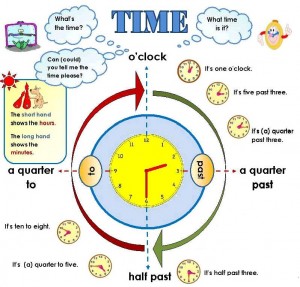 8-5 Time to the Quarter Hour: I can tell time to the quarter hour.
8-5 Time to the Quarter Hour: I can tell time to the quarter hour.
Vocabulary: Quarter hour: One-fourth of an hour or 15 minutes. Sometimes called quarter after or quarter to the hour.
8-6 Time to Five-Minute Intervals: I can skip count by fives to tell time.
8-7 Thermometer to Gather Data: I can use a thermometer to gather temperature data.
8-8 PSS: Choose a Strategy: I can choose the best strategy to solve problems.
